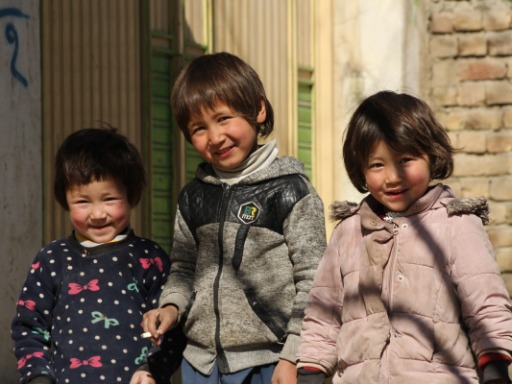BBC World Service and Aljazeera: News Frames Analysis of Girls' Education Activists' Arrests Under Strict Sharia Law in Afghanistan
Abstract
This study examines how the BBC World Service and Aljazeera framed the arrests of girls' education activists under strict Sharia law in Afghanistan. The study found that both news outlets framed the arrests as a human rights violation and a threat to girls' education. However, the BBC World Service also framed the arrests as a challenge to the Taliban's legitimacy and a sign of its growing isolation from the international community. Aljazeera, on the other hand, framed the arrests as a reflection of the Taliban's deep-seated belief in the traditional gender roles of women.
Introduction
The Taliban's takeover of Afghanistan in August 2021 has been met with international condemnation, particularly over its restrictions on women's rights and education. One of the Taliban's first acts was to ban girls from attending secondary school. The Taliban has also arrested and harassed girls' education activists who have spoken out against the ban.
This study examines how the BBC World Service and Aljazeera framed the arrests of girls' education activists under strict Sharia law in Afghanistan. The study uses a news framing analysis to identify the dominant themes and narratives used by the two news outlets to report on the arrests.
Methods
The study analyzed a sample of 10 news articles from the BBC World Service and Aljazeera published between August 2021 and August 2022. The articles were selected using a purposive sampling method to ensure that they covered a range of perspectives on the arrests.
The news framing analysis was conducted using the following steps:
- The articles were read and coded for the following elements:
- Headline: The main headline of the article.
- Lead paragraph: The first paragraph of the article.
- Body: The body of the article, excluding the headline and lead paragraph.
- Sources: The sources used in the article.
- The codes were used to identify the dominant themes and narratives used by the two news outlets to report on the arrests.
Results
The study found that both the BBC World Service and Aljazeera framed the arrests of girls' education activists as a human rights violation and a threat to girls' education. However, there were some key differences in how the two news outlets framed the arrests.
The BBC World Service also framed the arrests as a challenge to the Taliban's legitimacy and a sign of its growing isolation from the international community. For example, one BBC article headline read, "Taliban arrests of girls' education activists spark international outrage." Another article stated that the arrests were "a sign of the Taliban's growing isolation from the international community."
Aljazeera, on the other hand, framed the arrests as a reflection of the Taliban's deep-seated belief in the traditional gender roles of women. For example, one Aljazeera article headline read, "Taliban arrests girls' education activists, citing traditional values." Another article stated that the arrests were "a reflection of the Taliban's strict interpretation of Islamic law."
Discussion
The findings of this study suggest that the BBC World Service and Aljazeera framed the arrests of girls' education activists in Afghanistan in different ways. The BBC World Service framed the arrests as a challenge to the Taliban's legitimacy and a sign of its growing isolation from the international community. Aljazeera, on the other hand, framed the arrests as a reflection of the Taliban's deep-seated belief in the traditional gender roles of women.
These different framings reflect the different editorial perspectives of the two news outlets. The BBC World Service is a British public service broadcaster that is known for its objective and impartial reporting. Aljazeera is a Qatar-based news outlet that is known for its coverage of the Middle East and Muslim world. The different framings also reflect the different audiences of the two news outlets. The BBC World Service has a global audience, while Aljazeera's primary audience is the Arab world.
Conclusion
This study provides insights into how the BBC World Service and Aljazeera framed the arrests of girls' education activists under strict Sharia law in Afghanistan. The findings suggest that the two news outlets framed the arrests in different ways, reflecting their different editorial perspectives and audiences.
